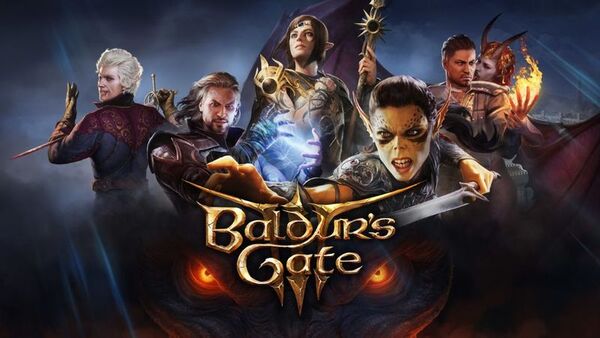Popular Now
Introduction
Baldur’s Gate 3 features a robust system where companion approval rises or falls based on player choices. While designed to deepen immersion and simulate real relationships, this mechanic often leads players to make inauthentic choices just to please party members. This creates tension between roleplaying and system optimization.

1. What Is the Companion Approval System?
Each party member has an approval meter that changes depending on your actions. High approval unlocks quests and romances, while low approval can lead to tension or character loss. The idea is to reflect dynamic interpersonal relationships in gameplay.
2. Roleplay vs. Approval Points
Players often choose dialogue options to gain approval rather than to stay true to their character. This turns emotionally driven choices into a numbers game, weakening the roleplaying aspect.
3. Suppressed Roleplay for Compatibility
Playing a noble hero while traveling with morally questionable companions often leads to behavior compromise. Players avoid conflict not out of logic, but to maintain party cohesion.
4. Party Homogenization
To avoid approval penalties, players stack their team with like-minded companions. This discourages moral diversity and limits narrative variety.

5. Romance and Approval Pressure
Approval directly impacts romance progression, leading to artificial relationships based on strategy instead of organic character development.
6. Co-op Complications
In multiplayer, one player's decisions affect everyone's approval ratings. This causes conflict among players and makes personal storylines harder to manage.
7. Lack of Depth in Reactions
Companion reactions are often binary — approve or disapprove — with little nuance or context. There’s no room for complex feelings like reluctant agreement or long-term persuasion

8. Better Systems in Other Games
Games like Dragon Age or The Witcher 3 offer alternatives: persuasion, relationship recovery, and less quantifiable systems. These allow more natural relationship building.
9. How to Improve the System
Suggestions include: separating trust from approval, adding reconciliation dialogue, letting disapproval evolve over time, and removing romance locks based on approval alone.
10. Toward a Better Relationship Model
The approval system has potential, but it currently limits roleplaying flexibility. With adjustments, it could foster deeper, more authentic interactions between players and their companions.
Conclusion
Baldur’s Gate 3’s companion approval system was meant to enhance storytelling, but it often narrows the choices players feel comfortable making. Improving it could unlock more authentic roleplaying, better character arcs, and stronger immersion.
















